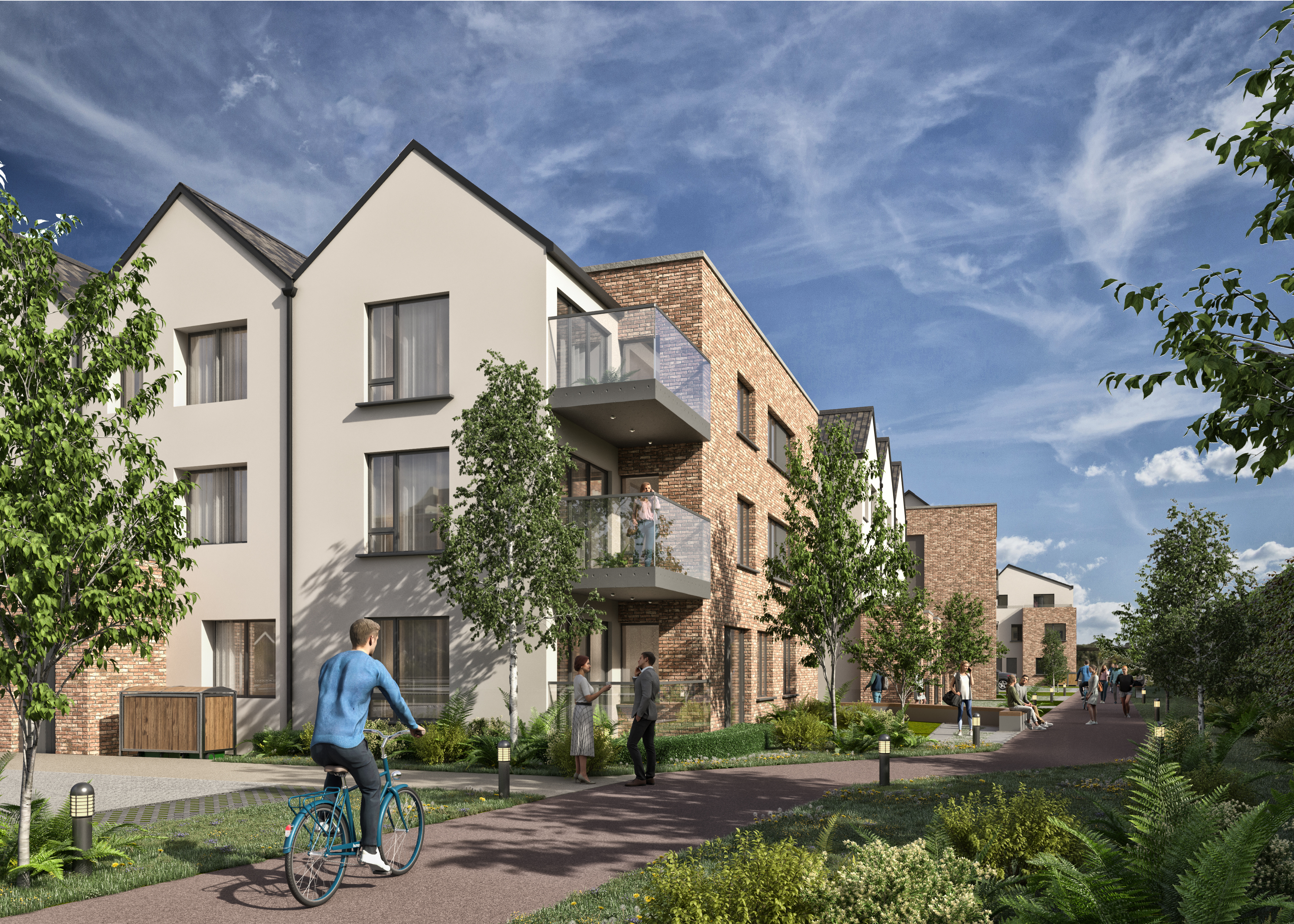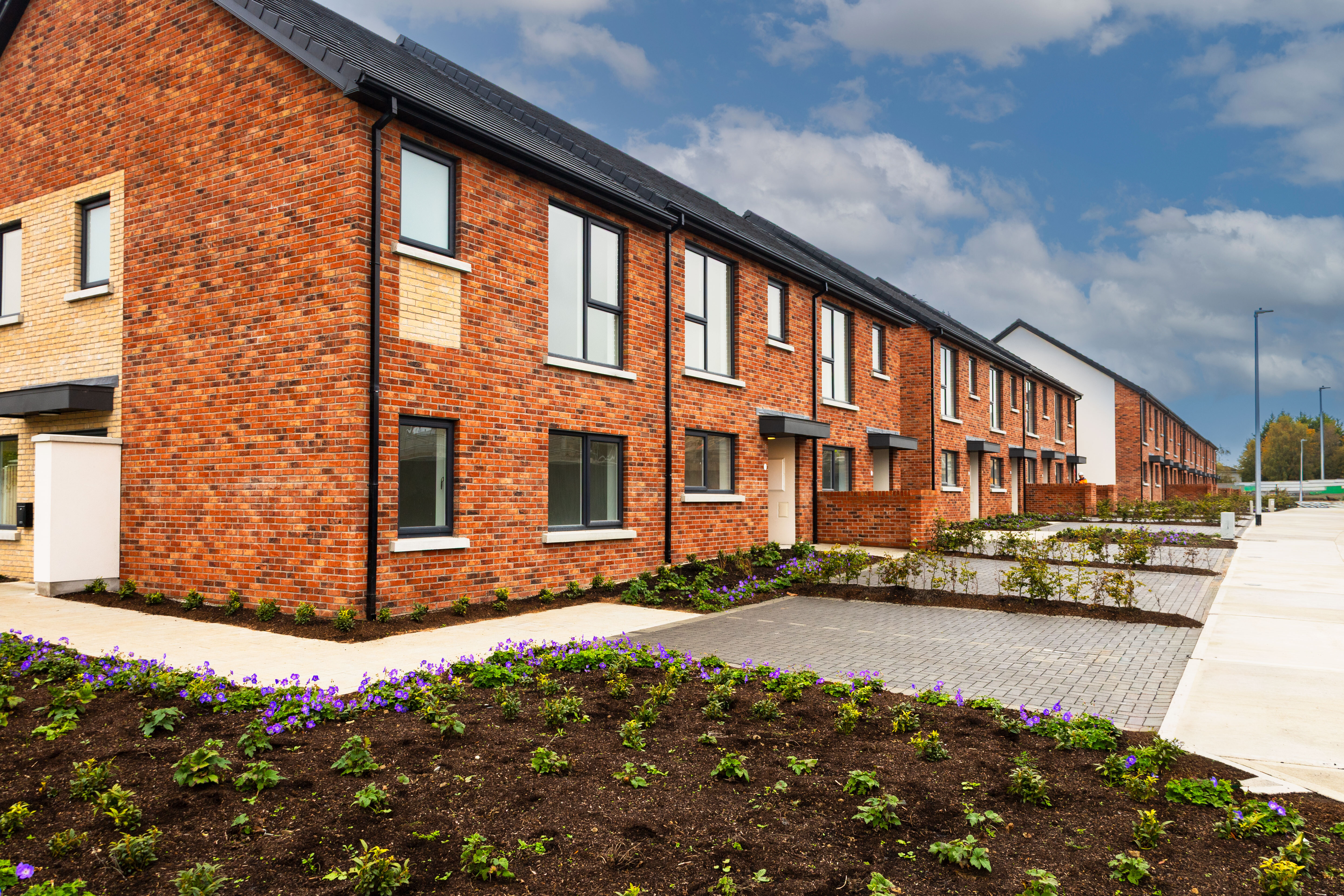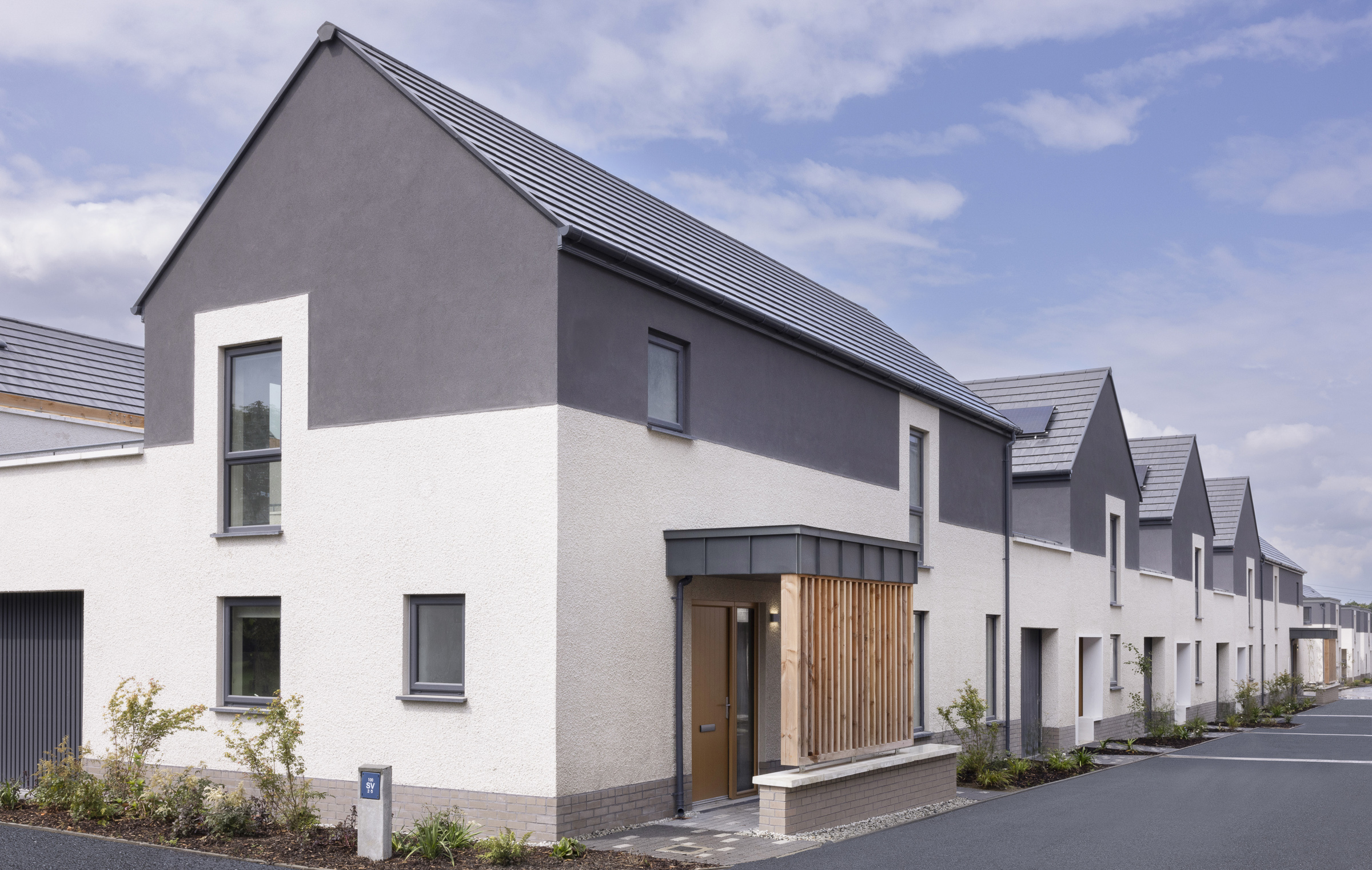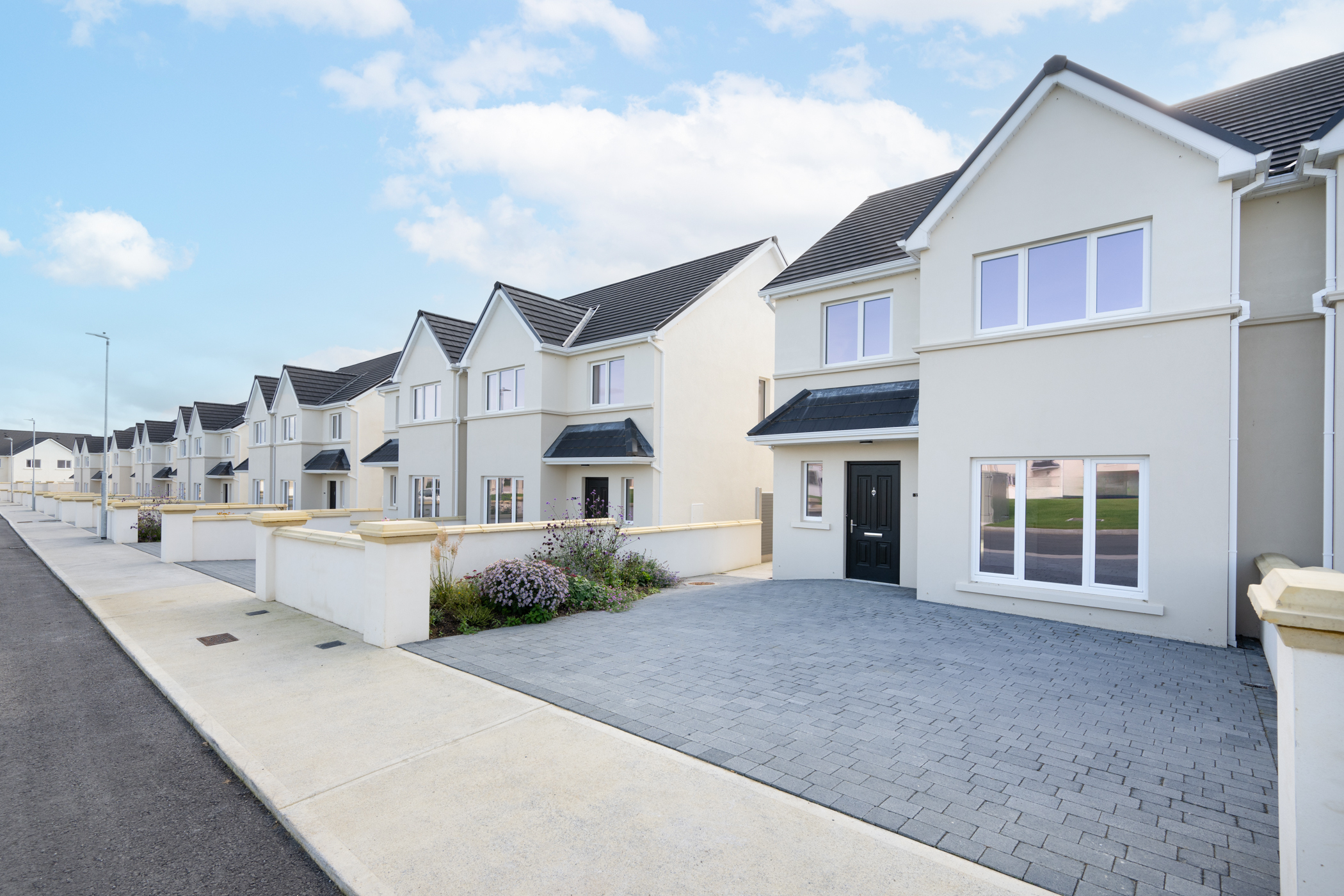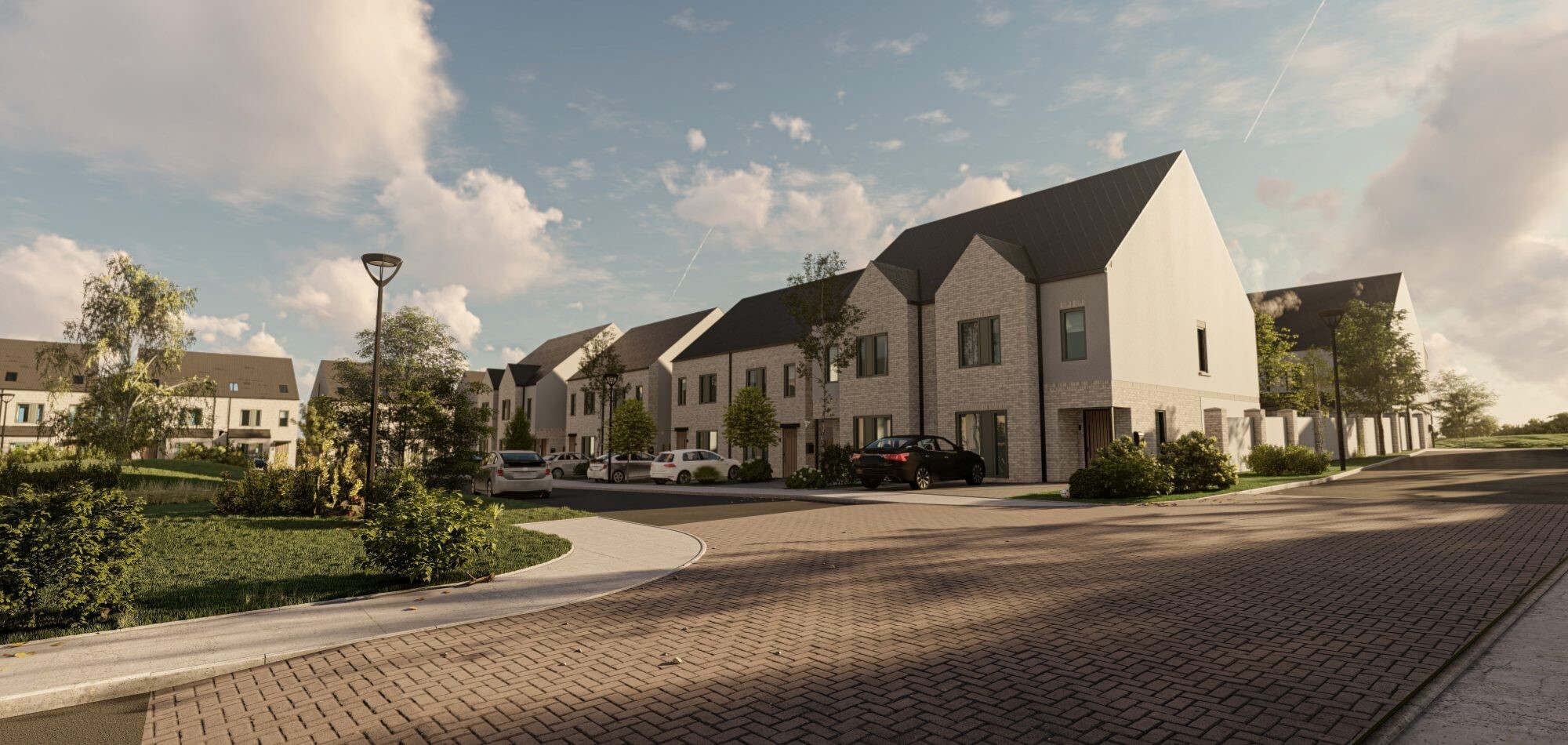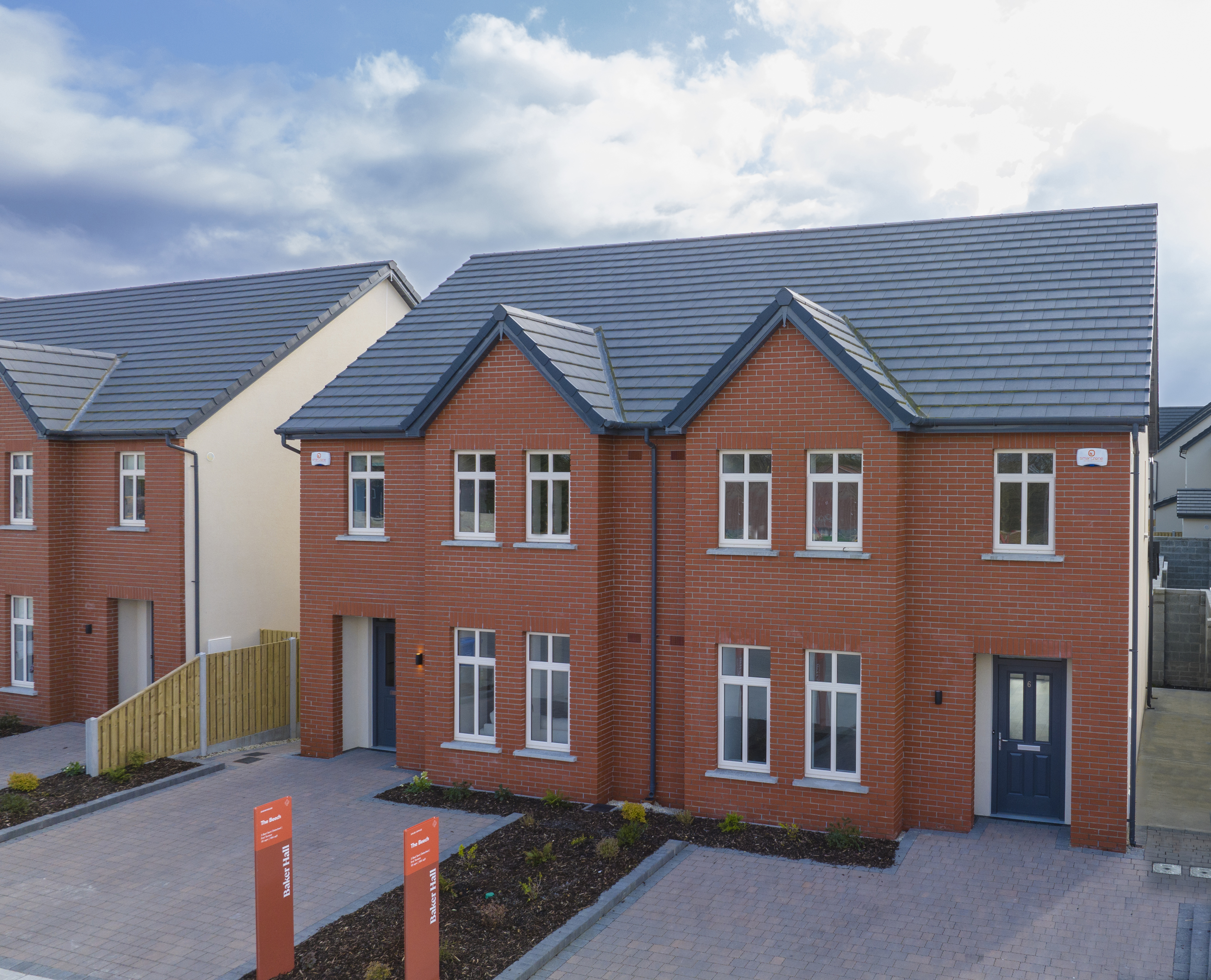What is Affordable Purchase?
Through the support of Local Authority Affordable Purchase Scheme and the First Homes Scheme (FHS), prospective homeowners are able to bridge the gap between the price of the house and the amount of personal funds, Help to Buy (HTB) and mortgage funding available to them thus enabling would be purchasers to own a newly-built, A-rated home.

How can I purchase a home?
Homes can be purchased through two different schemes.
Under the Local Authority Affordable Purchase Scheme, up to a maximum of €100,000 per home is available to bridge the funding gap subject to a purchaser’s qualifying circumstances. The maximum amount of affordable housing funding reduces to the lesser of €75,000 or 20% of the value of the property for those who qualify for the Help to Buy (HTB) scheme.
Homeowners can choose to repay some or all of the equity share at any time following their acquisition of the property.
The Housing Authority can elect to require the repayment of the equity share:
- After a long stop period of a minimum of 40 years is reached; or
- On the occurrence of certain realisation events, which are set out in the Affordable Housing Act 2021, prior to the long stop date being reached.
In the alternative, if there is no realisation event and the Housing Authority do not choose to realise their equity share in a property after the long stop date is reached, the repayment of the equity share will be realised from the proceeds of sale whenever the property is sold.
Under the First Home Scheme, the Government, in partnership with Participating Lenders, has introduced a Shared Equity Scheme to first time buyers and other eligible homeowners to bridge the gap between their deposit, mortgage, and the price of a new home enabling prospective homebuyers to purchase their own home who might otherwise not be able to purchase a home, due to insufficient funds when they combine their deposit and mortgage. Subject to meeting the eligibility criteria, application assessment, and terms and conditions, under the FHS, up to 30% of the value of the property can be made available (or 20% if a purchaser qualifies for the Help to Buy Scheme).
Purchasers can pay back the First Homes stake at any time. After 6 years homeowners will be charged an annual fee on their remaining equity share.

